Blinken Meets China’s Top Diplomat
Introduction
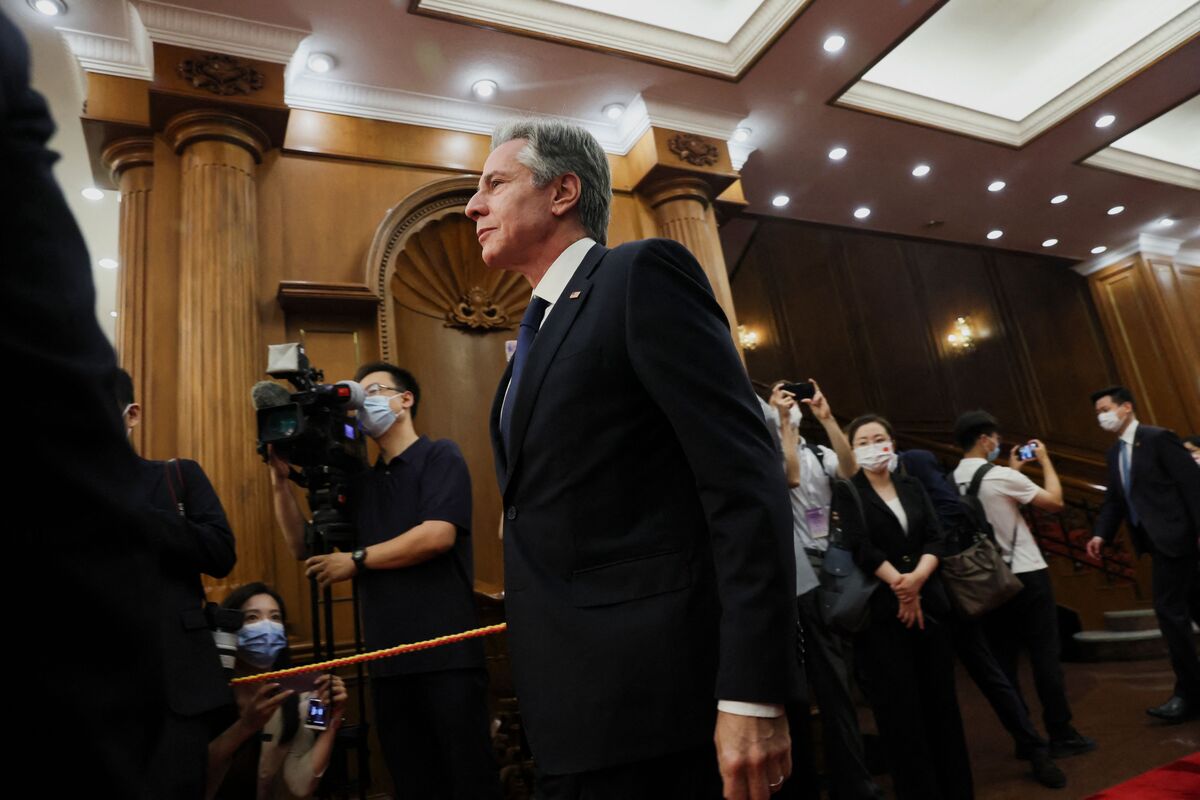
The recent meeting in Anchorage, Alaska between the United States and Chinese officials made headlines when the opening exchange turned confrontational. Secretary of State Antony Blinken and National Security Adviser Jake Sullivan listed their concerns with China’s actions in Hong Kong, Xinjiang, Taiwan, cyber attacks, and economic coercion. The Chinese diplomat, Yang Jiechi, delivered a lengthy response, criticizing the United States’ democracy, human rights record, and foreign policy. This article examines the exchange and its implications for U.S.-China relations.
Blinken and Sullivan’s Comments
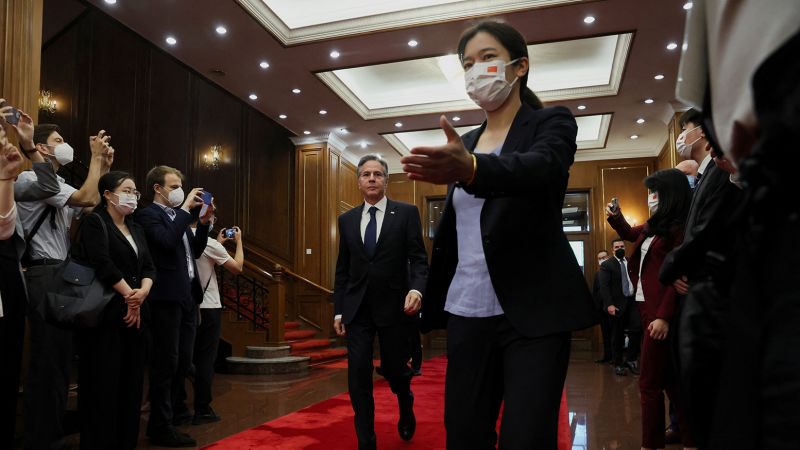
During the opening remarks, Blinken and Sullivan raised issues of concern with China, including:
- Xinjiang
- Hong Kong
- Taiwan
- Cyber attacks
- Economic coercion toward allies
Yang Jiechi’s Response
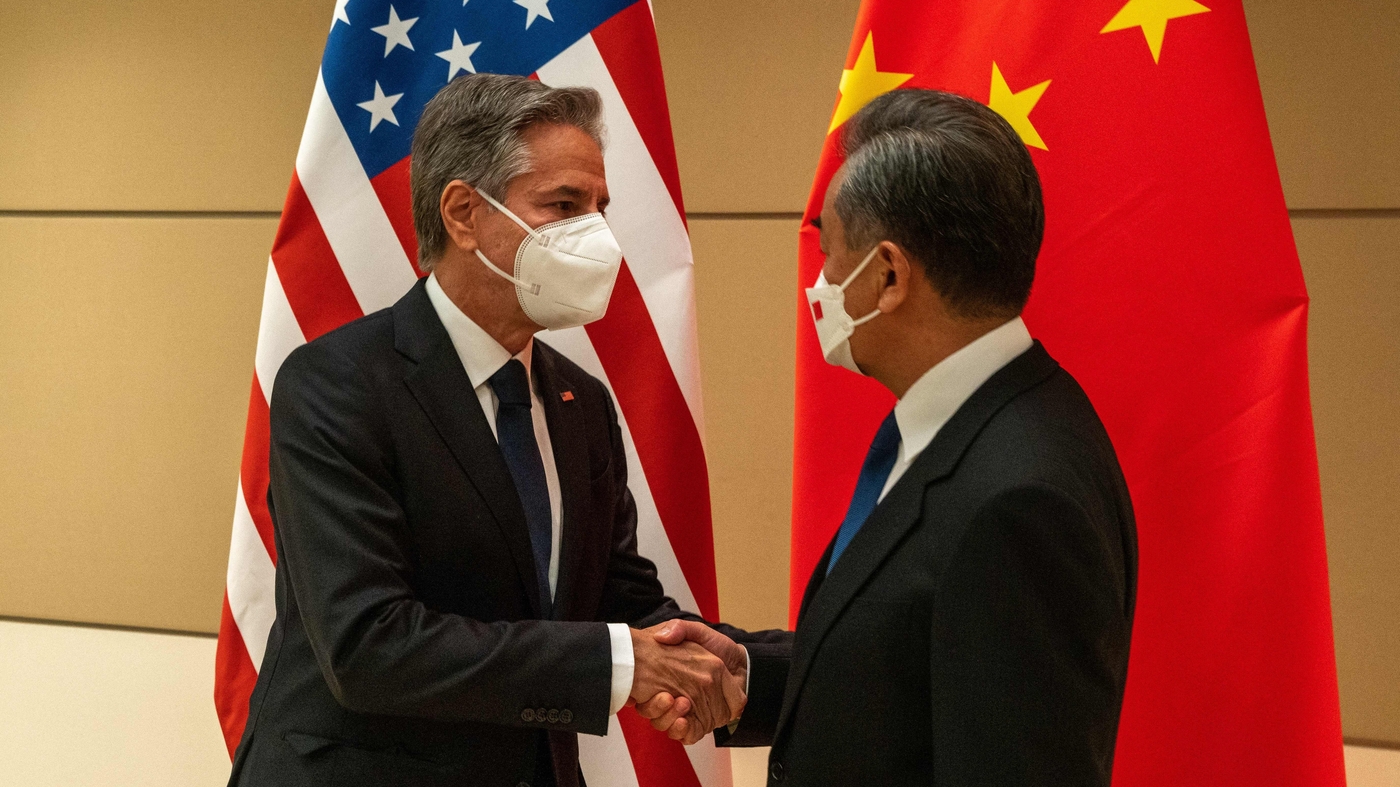
Yang responded at length, criticizing the United States for:
- Lack of confidence in democracy
- Problems with human rights
- Exercise of long-arm jurisdiction and suppression
- The use of force or financial hegemony
- Obstacles for normal trade activities
- Persuading some countries to launch attacks on China
Blinken and Sullivan Challenge Yang
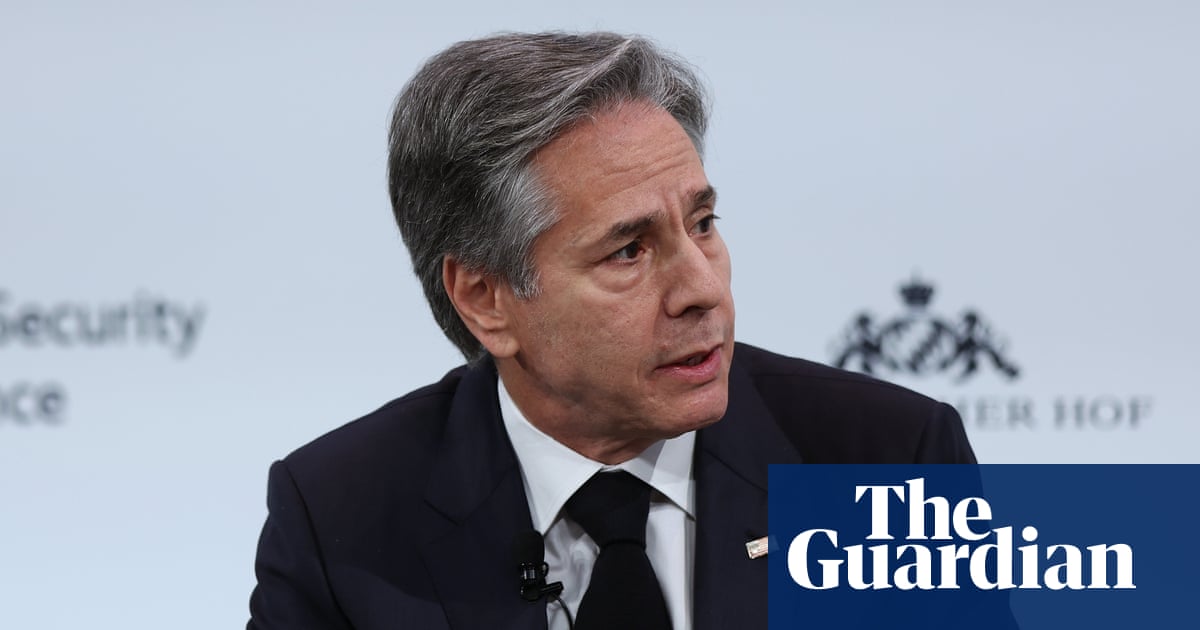
After the press assumed the opening remarks were over, Blinken and Sullivan invited them back in and challenged Yang. Blinken asserted that it’s “never a good bet to bet against America.” Yang responded sarcastically before he and Foreign Minister Wang Yi had the last word.
The Rest of the Meeting
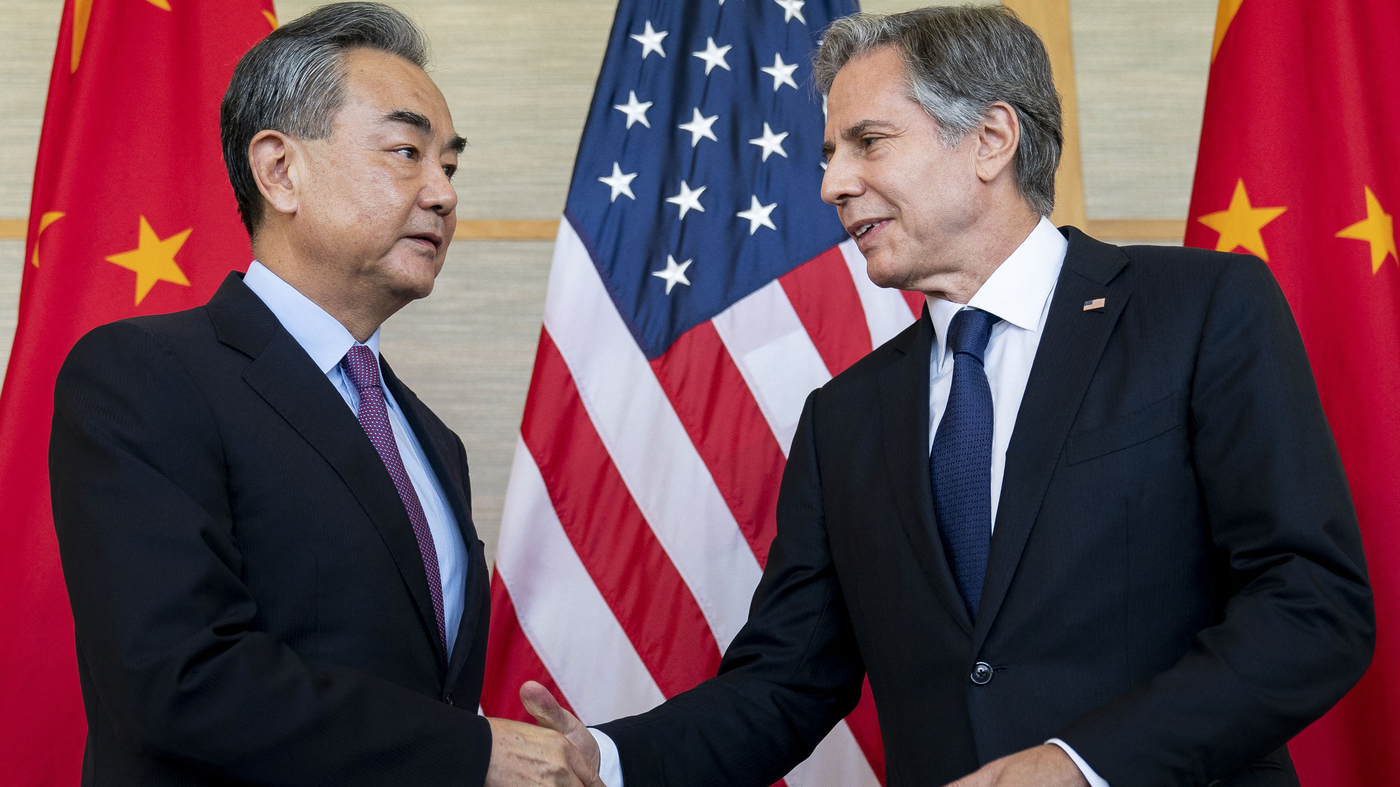
Despite the opening exchange, the rest of the meeting seemed to proceed without significant incident. The Chinese delegation went back to business as usual after the press left, working through the list of issues on the agenda, including nonproliferation, and Iran.
Implications for U.S.-China Relations
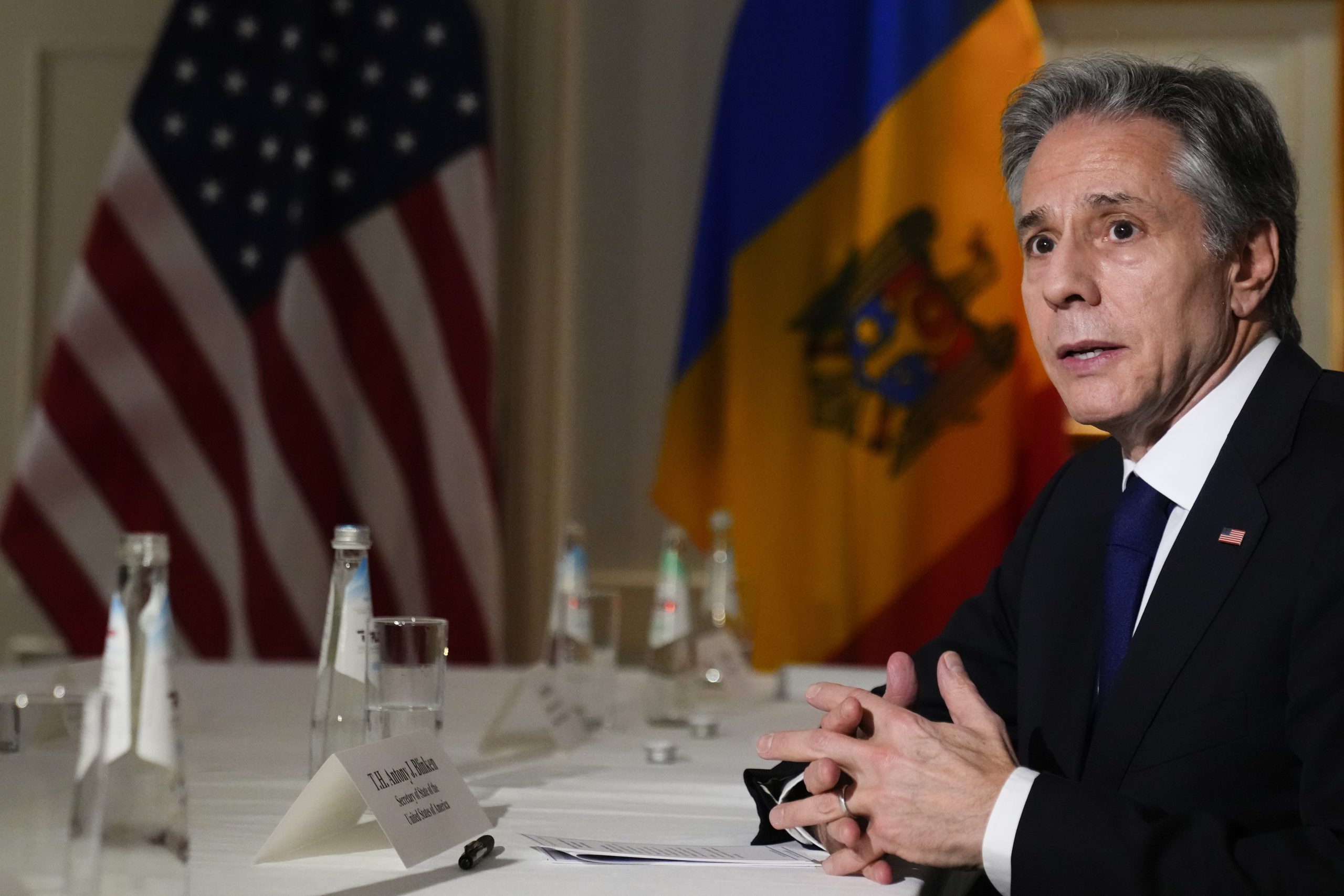
While the opening exchange may have seemed confrontational, it may have been a necessary step toward stabilizing the relationship between the two countries. The Chinese delegation may have entered the meeting with a preplanned strategy to deliver a public message, which they did in a dramatic fashion. China believes that the balance of power has shifted in its favor over the past 10 years, and it wanted to play to the domestic audience and reinforce its position.
The Importance of Communication
The confrontation highlights the importance of communication in diplomacy. Blinken and Sullivan’s opening remarks caught the Chinese off guard, leading to an unexpected exchange that sidetracked the meeting’s agenda. The Chinese delegation’s criticism of the United States was deeply felt. However, the subsequent private discussions may have been more productive in advancing a mutually beneficial relationship.
The Danger of Misunderstandings
Initial comments may have set the tone for the rest of the meeting, leading to a misunderstanding of the United States’ position on critical issues. The United States seeks to defend the rules-based global order, and China believes in a world order more accommodating of its interests and values. The balance between these two perspectives will determine the future direction of the U.S.-China relationship.
The Influence of Domestic Politics
Domestic politics also plays a significant role in U.S.-China relations. The Biden administration faces pressure to signal a departure from the previous administration’s policies while still addressing critical issues with China, such as human rights, trade, and territory. China faces challenges at home, as its leadership seeks to maintain stability and legitimacy while navigating the country’s rapid development and changing global environment.
Conclusion
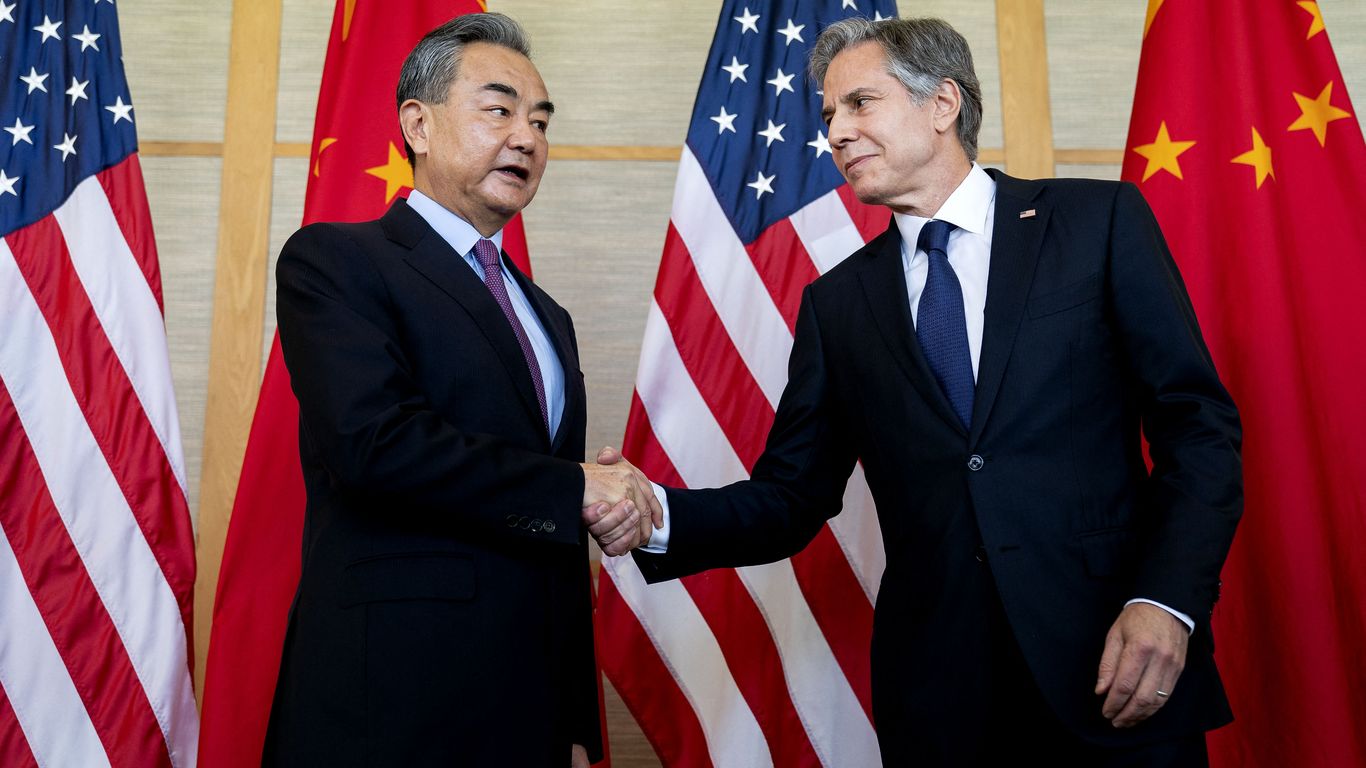
The meeting between Blinken and Yang may have appeared confrontational, but it was a necessary step toward understanding both countries’ priorities and maneuvering in the global arena. The exchange highlighted the challenges of U.S.-China relations and the importance of communication in resolving misunderstandings, recognizing mutual interests, and advancing cooperation.
FAQs
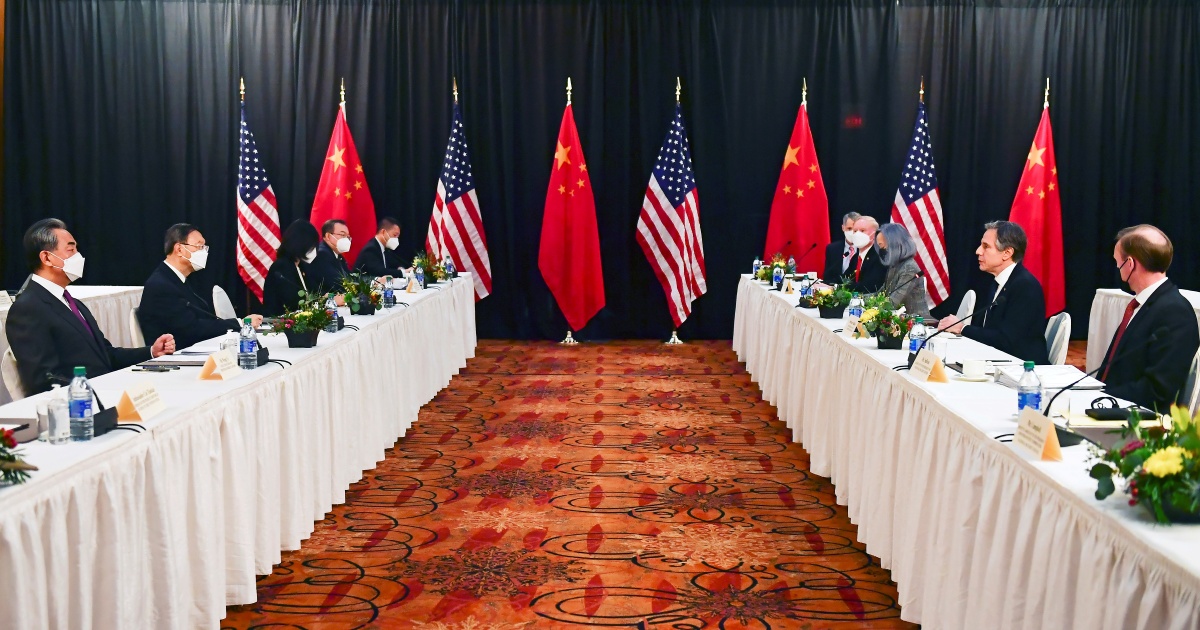
1. What is the U.S.-China relationship like under the Biden administration?
The Biden administration seeks to balance critical issues with China while signaling a departure from the confrontational tone of the previous administration. The recent meeting between Blinken and Yang highlighted these challenges.
2. What are the critical issues between the U.S. and China?
The United States has raised concerns about China’s human rights record, actions in Hong Kong and Taiwan, cyber attacks, and economic coercion toward allies. China seeks to advance its interests and values while maintaining stability at home.
3. What is the role of communication in diplomacy?
Communication is essential in diplomacy. The opening exchange between Blinken and Yang illustrates the importance of understanding each other’s priorities and perspectives and resolving misunderstandings.
4. How does domestic politics influence U.S.-China relations?
Domestic politics plays a significant role in U.S.-China relations. The Biden administration faces pressure to balance critical issues with other countries while maintaining stability and legitimacy at home. China seeks to advance its interests and values while navigating the country’s rapid development and changing global environment.
5. What are the implications of the Anchorage meeting for U.S.-China relations?
The meeting highlighted the challenges of U.S.-China relations and the importance of communication in resolving misunderstandings, recognizing mutual interests, and advancing cooperation. Blinken’s and Yang’s opening remarks set the tone for the rest of the meeting and illustrated the United States’ and China’s differing perspectives on the world order.
Blinken Meets China’s Top Diplomat
The recent meeting in Anchorage, Alaska between the United States and Chinese officials made headlines when the opening exchange turned confrontational. Secretary of State Antony Blinken and National Security Adviser Jake Sullivan listed their concerns with China’s actions in Hong Kong, Xinjiang, Taiwan, cyber attacks, and economic coercion. The Chinese diplomat, Yang Jiechi, delivered a lengthy response, criticizing the United States’ democracy, human rights record, and foreign policy. This article examines the exchange and its implications for U.S.-China relations.
Blinken and Sullivan’s Comments
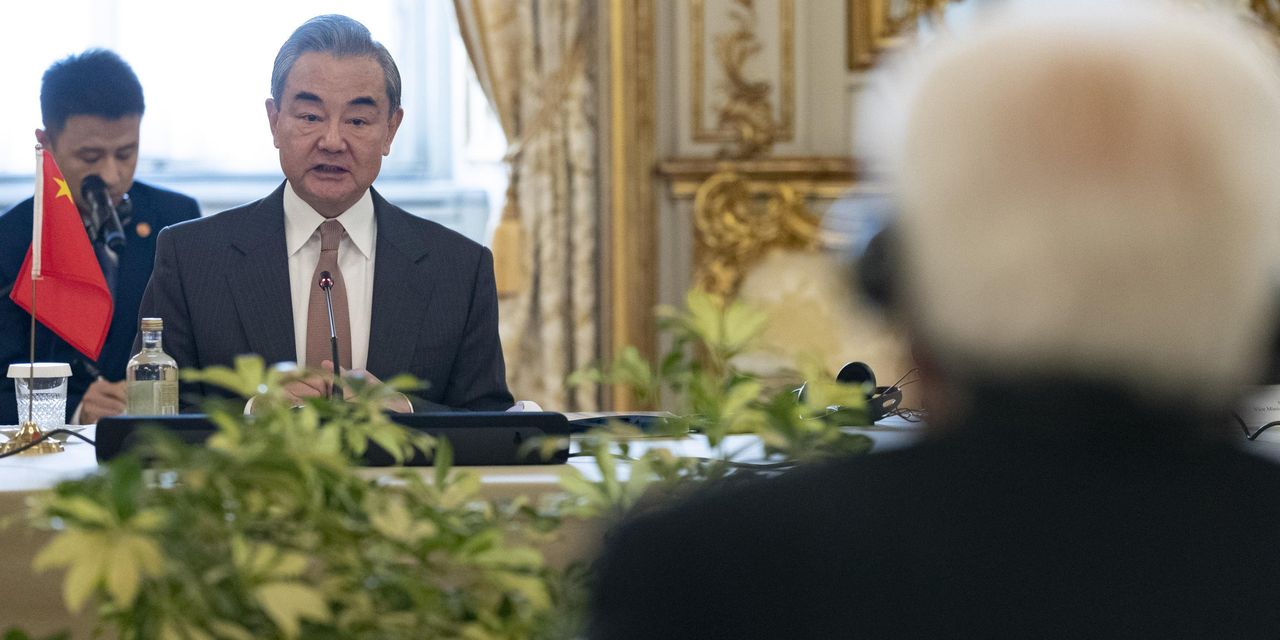
The United States raised issues of concern with China during the opening remarks of the Anchorage meeting. Blinken and Sullivan listed actions in Xinjiang, Hong Kong, Taiwan, cyber attacks on the United States, and economic coercion towards allies as threats to the rules-based order that maintains global stability.
Yang Jiechi’s Response
Yang Jiechi, China’s top diplomat, responded at length to Blinken and Sullivan’s comments, criticizing the United States for undermining the rules-based order and having problems with its human rights record and democracy. Yang argued that the United States had exercised long-arm jurisdiction and suppression, overstretched its national security through the use of force or financial hegemony, and created obstacles for normal trade activities.
Blinken and Sullivan Challenge Yang
After the press assumed the opening remarks were over, Blinken and Sullivan invited them back in and challenged Yang. Blinken asserted that it’s “never a good bet to bet against America.”
The Rest of the Meeting
The rest of the meeting proceeded without significant incident, and the Chinese delegation went back to business as usual after the press left. The two countries discussed a range of issues on their agenda, including nonproliferation and Iran.
Implications for U.S.-China Relations
The opening exchange between Blinken and Yang may have been confrontational, but it may have been a necessary step toward stabilizing the U.S.-China relationship. The Chinese delegation may have entered the meeting with a preplanned strategy to manufacture a public message, which they delivered in dramatic fashion. The balance of power has shifted in China’s favor, and China wanted to play to its domestic audience.
The Importance of Communication
The confrontation highlights the importance of communication in diplomacy. The unexpected exchange sidetracked the agenda of the meeting, leading to a misunderstanding of the United States’ position on critical issues. However, the subsequent private discussions may have been more productive in advancing a mutually beneficial relationship.
The Danger of Misunderstandings
Misunderstandings between the United States and China may result from initial comments and tone. The United States seeks to defend the rules-based global order, while China believes in a world order more accommodating of its interests and values. The balance between these two perspectives will determine the future of the U.S.-China relationship.
The Influence of Domestic Politics
Domestic politics plays a significant role in U.S.-China relations. The Biden administration seeks to signal a departure from the previous administration’s confrontational policies while addressing critical issues such as human rights, trade, and territory. China faces challenges at home as its leadership seeks to maintain stability and legitimacy while navigating the country’s rapid development and changing global environment.
Conclusion
The meeting between Blinken and Yang may have appeared confrontational, but it was a necessary step toward understanding both countries’ priorities and maneuvering in the global arena. The exchange highlighted the challenges of U.S.-China relations and the importance of communication in resolving misunderstandings, recognizing mutual interests, and advancing cooperation.
FAQs
1. What is the U.S.-China relationship like under the Biden administration?
The Biden administration seeks to balance critical issues with China while signaling a departure from the confrontational tone of the previous administration. The recent meeting between Blinken and Yang highlighted these challenges.
2. What are the critical issues between the U.S. and China?
The United States has raised concerns about China’s human rights record, actions in Hong Kong and Taiwan, cyber attacks

